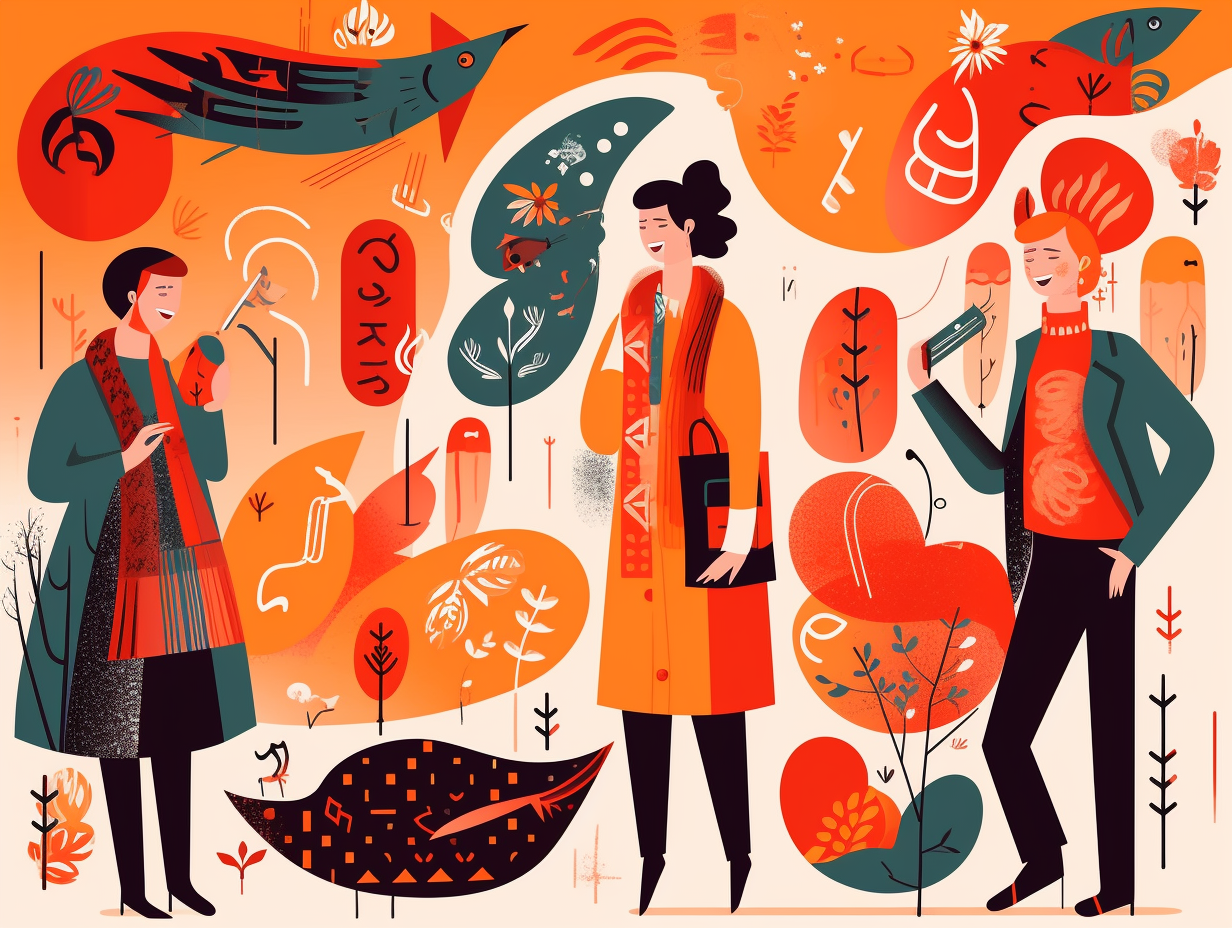Discover the Intriguing World of Russian: Top 8 Fun Facts You Never Knew About the Language

1. Shaken, Not Stirred: Consonant Clusters
Ah, the Russian language, leaving vowel-less words in its wake like James Bond's martinis – shaken, not stirred: This thrilling linguistic adventure is a result of the disappearance of short vowels in Russian, birthing the notorious consonant clusters found in plosive+plosive, fricative+plosive, plosive+fricative, fricative+fricative, and even four segment cluster formations.
Source => therussianblog.wordpress.com
2. Rainy Russian Bucket List
Forget feline-weather friends to the tune of "raining cats and dogs"; Russian showers have a bucket list agenda: Russians say "лить как из ведра" which translates to "pouring like from a bucket," just one of the many idiomatically amusing ways to describe rain in the Russian language.
Source => en.bab.la

Discover the secret language of Boontling, spoken by less than 100 people in California and hiding in its unique vocabulary a blend of English, Scottish Gaelic, Irish, Pomoan, and Spanish! Unravel the linguistic mystery that once had its moment on The Tonight Show!
=> Fun Facts about Languages
3. The Ь and Ъ Wallflower Letters
Ever felt like the odd one out at a party? Russian has a couple of characters who know just how you feel: Behold, the unique Ь and Ъ! These two wallflowers of the Cyrillic script aren't quite vowels or consonants, but play a vital role in defining the softness or hardness of the preceding letter. Party on, Ь and Ъ!
Source => russiantutoring.com
4. Reign of the Multitasking "a"
In Soviet Russia, the word "a" conquers all grammatical frontiers: it seamlessly shifts from "but" to "and," from "while" to "if", and even dabbles in "yet" for good measure. This linguistic multitasker reigns supreme at an impressive #11 in the top common Russian words hierarchy.
Source => masterrussian.com

5. Cyrillic Romancing Russian Grammar
Did you hear about the Cyrillic alphabet's love affair with Russian grammar? It's a torrid tale full of twists and turns, leading to the birth of literary giants like Tolstoy, Dostoevsky, and Chekhov: Russian language, written in the captivating Cyrillic script and notorious for its intricate grammar, boasts around 154 million native speakers worldwide and holds a prestigious position as one of the six official languages of the United Nations.
Source => babbel.com
6. The Great Russian Alphabet Makeover
Once upon a Soviet fairy tale, the Russian alphabet had a makeover more dramatic than Cinderella: In 1917, it underwent a major reform that simplified and standardized the language, merging letters like ѣ with е and ѳ with ф, as well as removing archaic elements like the mute yer – all without the need for magical pumpkins or fairy godmothers. The aim was to reduce the number of orthographic rules and retire outdated letters and diacritics, leaving us with the modern 33-letter Russian alphabet we know today.
Source => en.wikipedia.org
7. Unwrapping Russian Nesting Doll Language
Linguists might say that the Russian language is akin to a nesting doll, hiding layers of complexity inside its seemingly simple exterior: surprise, babushka! Russian uses an intricate system of inflectional morphology in nouns, pronouns, adjectives, and numerals with six main cases, two numbers, and three genders, allowing for accurate expression of meaning. To top it all off, various regional dialects feature non-standard grammar and archaic words, enriching the language's evolving history.
Source => en.wikipedia.org
8. Too Cool for English Phonemes
Why did the Russian language refuse to play nice with certain phonemes? After a couple of vodka shots, it'll admit it's just too cool for some fancy English sounds: Russian doesn't have phonemes like /w, ŋ, dʒ, θ, or ð/, leading Russian-speaking learners of English to struggle with pronouncing such sounds. It isn't about learning the second language – it's all about the unique phonemic flavor of each language!
Source => lispeech.com







